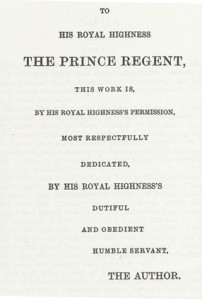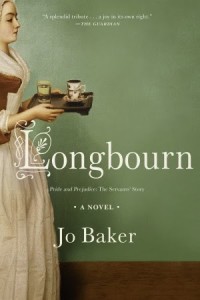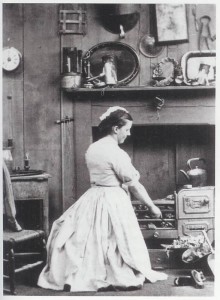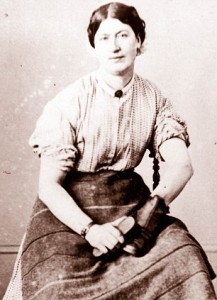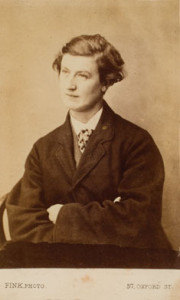I went off to brainyhistory.com today to see what happened today a couple hundred of years ago, and the answer is, not much, or at least not much that interested me. A lot of obscure composers were born on this day. There are always a lot of obscure composers having birthdays.
Turning to the letters of Jane Austen–yes, good idea, let’s talk about Jane Austen–March was not a big letter writing month for her. Her letter of March 9, 1814 to Cassandra contains this sisterly gem:
If Cassandra has filled my Bed with fleas, I am sure they must bite herself.–
Cassandra got busy with the scissors on a letter of March 21 2014 to (maybe) Francis Austen but allowed this to remain:
Perhaps before the end of April, Mansfield Park by the author of S&S–P&P may be in the World.–Keep the name to yourself. I shd. not like to have it known beforehand.
Ah, those were the days. You could be all secretive about your impending release and even about your own identity. No facebook. No twitter. No wall to wall squeeing promo. Heaven.
I’ve been having a Jane Austen-ish time recently, doing what I swore I’d never do because there are too many polluting the world, experimenting with a P&P-based book. More about this darling child, maybe, later. I also went out to Minneapolis for a very short trip–Minneapolis in March, not so good–to talk to their JASNA chapter about Austen and servants. Fun, fast, furious, the weather cooperated, whew.
I also read S&S again. I’ve always thought that one of the wonderful things about Austen is that the books change for you every time, and sure enough, it was like reading a whole new book. I last read it in 2011 and this time I was very much aware of it being “about girls filling in their time waiting by the phone for unsatisfactory men who don’t respond in the right way.” (That was from a post I wrote in 2011 on the JASNA-AGM which was about S&S and hearing Andrew Davies talk about his Austen screenplays.) Because, sorry to say, other than being by Austen, it’s not a very good book. There are so many things in it that don’t work, principally Marianne, Elinor, and Edward.
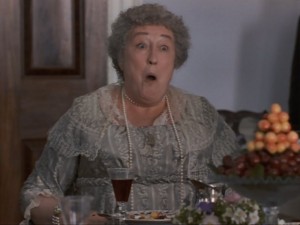 But Mrs. Jennings. Oh gosh, I love Mrs. Jennings. This time around she was the heroine of the book for me. She’s fun. She’s lively. She isn’t afraid to tease Marianne about Willoughby while everyone else tiptoes around her, not daring to ask whether she’s engaged to him or not. And above all despite the meddling, grasping the wrong end of the stick (considerable), and gossip, she’s kind and loyal and sensible. She knows Marianne will get over Willoughby, and ultimately, get over herself.
But Mrs. Jennings. Oh gosh, I love Mrs. Jennings. This time around she was the heroine of the book for me. She’s fun. She’s lively. She isn’t afraid to tease Marianne about Willoughby while everyone else tiptoes around her, not daring to ask whether she’s engaged to him or not. And above all despite the meddling, grasping the wrong end of the stick (considerable), and gossip, she’s kind and loyal and sensible. She knows Marianne will get over Willoughby, and ultimately, get over herself.
Let’s hear it for Mrs. Jennings. Here’s a bit of video for you to enjoy–I love the pained expressions of everyone else while she and Sir John Middleton guffaw away idiotically.
Have you been surprised by a minor character when rereading a book? Do share!


